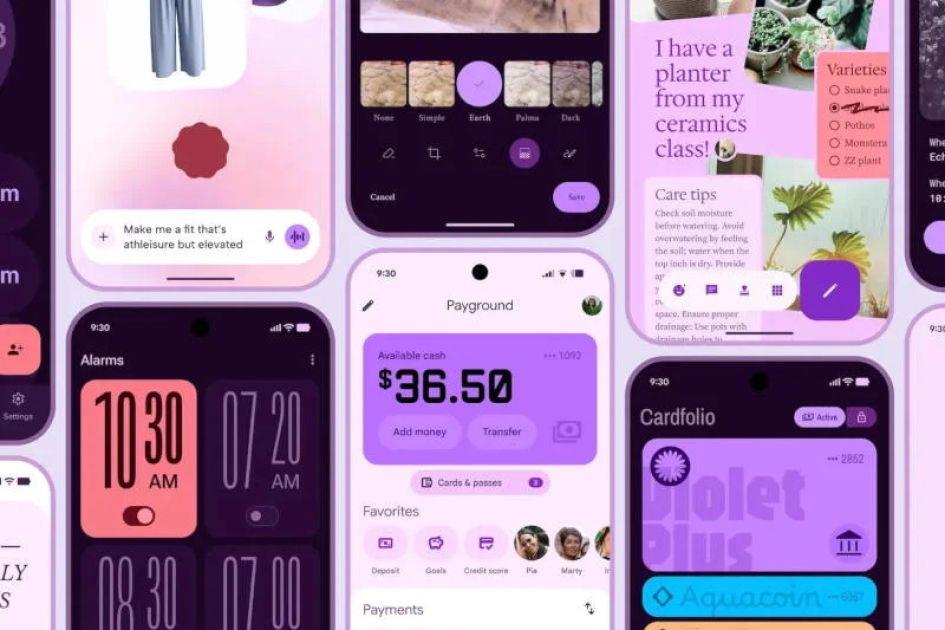
Google Mistakenly Declassify Future Of Android Design
Google has inadvertently unveiled a preview of its upcoming Material 3 Expressive user interface-the foundation for the next version of Android. The company published a post on its official design blog describing the UI, but the entry was quickly deleted, hinting at an unintentional early reveal, Azernews reports.
Described as the result of extensive user research and testing, Material 3 Expressive is positioned as Google's most refined and user-friendly design language to date. The project aims to deliver a visually rich, intuitive, and emotionally resonant interface experience. According to screenshots shared by 9to5Google, the design combines dynamic use of color, shape, size, and motion to enhance usability and engagement.
Material 3 Expressive was developed over 46 iterative design cycles, involving feedback from more than 18,000 participants globally. Google claims the interface allows users to identify core UI elements up to four times faster than in the current version of Material 3. Remarkably, testing also showed that users over the age of 45 performed on par with younger users-an achievement that addresses common accessibility challenges in UI design.
Google's design team focused deeply on user cognition and interaction speed-for instance, evaluating which style of progress bar makes time feel like it's passing more quickly, or how large buttons can be optimized for quicker taps without overwhelming nearby elements.
A dedicated session on Material 3 Expressive will take place at the upcoming Google I/O 2025 conference, which opens on May 20. Developers and designers are expected to get a deeper look at how these changes will shape Android's future interface across phones, tablets, and foldables.
Although the blog post was swiftly removed, the brief appearance of this new design language has already sparked excitement and speculation in the developer community. Many expect Material 3 Expressive to become a central part of Android 15 or Android 16, reflecting Google's ongoing push toward personalized, adaptive UI experiences that prioritize both functionality and emotional connection.
Legal Disclaimer:
MENAFN provides the
information “as is” without warranty of any kind. We do not accept
any responsibility or liability for the accuracy, content, images,
videos, licenses, completeness, legality, or reliability of the information
contained in this article. If you have any complaints or copyright
issues related to this article, kindly contact the provider above.


















Comments
No comment